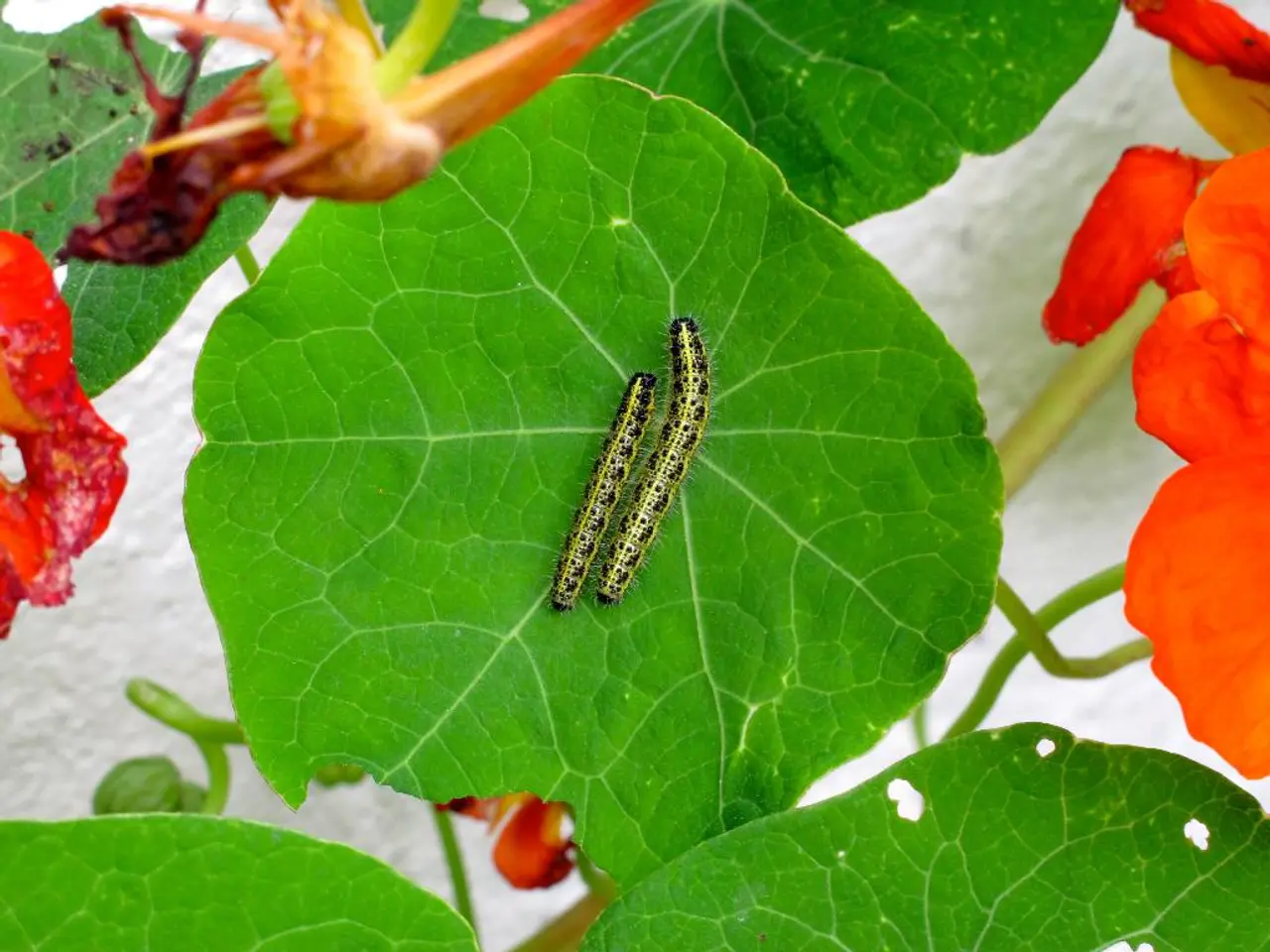Composting Weeds as Organic Fertilizer for Your Garden?
In the world of gardening, composting weeds might seem like a counterintuitive idea, but it's a sustainable practice that can be safely and effectively carried out with the right knowledge and precautions.
When it comes to composting weeds, the type of plant plays a significant role. Annual weeds, such as chickweed, lambsquarters, and purslane, are generally safe to compost as long as they're removed before they develop seeds. On the other hand, perennial weeds like dandelions, bindweed, quackgrass, and nutsedge require special care due to their persistent root systems. Seeding weeds, those that have produced seeds, pose the greatest risk because seeds can survive and sprout when composting is done at lower temperatures.
To ensure the safe composting of problematic weeds, here are some key tips:
1. Hot composting is your friend. This method involves maintaining the compost pile at temperatures above 131°F (55°C) for several days, ensuring weed seeds and roots break down safely.
2. Avoid adding invasive weeds with persistent roots or seeds into cool compost piles, as these can survive and spread when you use the compost.
3. Completely finished compost is critical before applying it to your garden to prevent weed spread. Using compost that is still decomposing risks introducing viable weed seeds.
Additional tips for effective composting with weeds include chopping weeds into smaller pieces to speed decomposition, maintaining a balance of "greens" (nitrogen-rich materials) and "browns" (carbon-rich materials), turning the pile regularly to introduce oxygen, and avoiding composting dangerous plants like poison ivy.
For those looking to invest in composting equipment, there are several options available. The Jora JK270 Composter offers a capacity of 9.5 Cubic Feet, while the Hungry Bin - Continuous Flow Worm Composter is another popular choice. Additionally, Organic Concentrated Compost is available in 18 lbs for those seeking a boost for their compost pile.
In conclusion, composting weeds is safe and effective when you avoid adding invasive, seeding, or persistent-root weeds to cool compost, and instead use hot composting methods that reach sufficient temperatures to kill seeds and roots. Fully finished compost is essential before applying it to your garden to prevent weed spread.
[Related Guides] - Guide to Choosing the Right Composter - Understanding the Balance of Greens and Browns in Composting - Hot Composting: A Comprehensive Guide - Common Mistakes to Avoid in Composting - The Dos and Don'ts of Composting Weeds
[Product References] - Jora JK270 Composter - Hungry Bin - Continuous Flow Worm Composter - Organic Concentrated Compost (18 lbs) - Ceramic Compost Keeper Replacement Filters - Decorative Ceramic Compost Keeper
Transitioning to a green home lifestyle, the implementation of raised beds provides an ideal environment for gardening and composting. Employing these practices in home-and-garden settings not only encourages sustainability but also promotes a healthier lifestyle. When dealing with weeds in compost piles, it's crucial to follow certain guidelines to ensure a successful and weed-free composting process.




